- 34 minutes ago
- Election 2015
- 1189
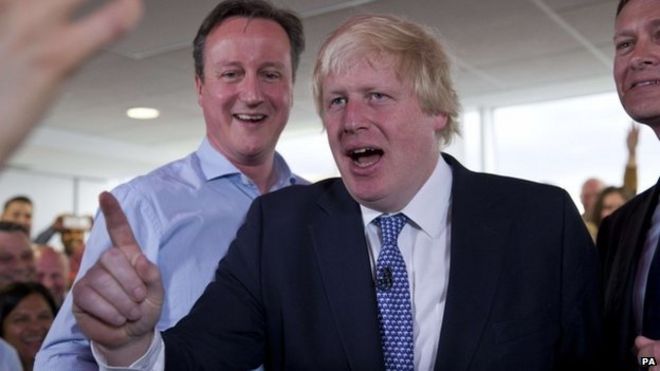
The main party leaders are criss-crossing the UK appealing to undecided voters in key seats as the election campaign enters its final two days.
Conservative leader David Cameron has warned a SNP-backed Labour government was a "chilling prospect" as he appeared with Boris Johnson in London.
Ed Miliband said Labour would "rescue" NHS hospitals from "savage" budget cuts under a Conservative government.
Nick Clegg said the Lib Dems would "guarantee stability" after 7 May.
UKIP leader Nigel Farage is spending the day in the Kent seat he hopes to win for his party, after taking out a two-page advertisement in the Daily Telegraph urging people "to vote with their heart".
With two days to go before polling day:
- David Cameron has insisted he will "put the country first" if he fails to win an outright majority
- Ed Miliband has made a plea for people to vote Labour to "save the NHS"
- Nick Clegg has said an EU referendum was not a coalition "red line" for the Lib Dems
- SNP leader Nicola Sturgeon questioned the legitimacy of a UK government which did not include Scottish MPs
- The Green Party has urged voters to "send a message" on climate change
- Lucy Powell, the vice-chair of Labour's general election campaign, has denied suggesting Ed Miliband could break his election pledges.
- The Independent said it would back a continuation of the Conservative-Lib Dem coalition
- The head of the Bow Group conservative think tank has endorsed leading UKIP candidates
Polls suggest the election is still too close to call, and in the final days the parties are focusing on their core messages amid speculation about post-election deals if there is a hung Parliament.
Policy guide: Key priorities
What are the top issues for each political party at the 2015 general election?
Labour has been campaigning on the NHS, publishing what it calls a leaked document showing the cash deficits of some hospital trusts.
The figures come from a group called NHS Providers, which represents and lobbies for NHS trusts.
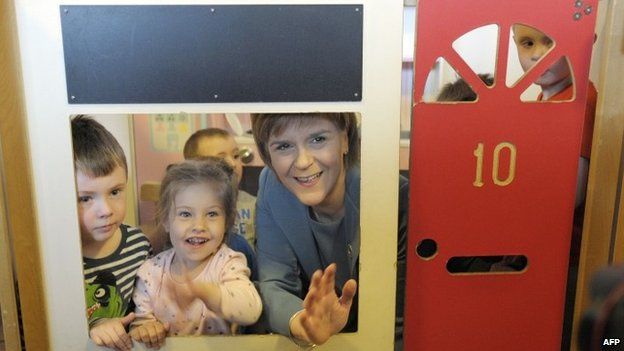
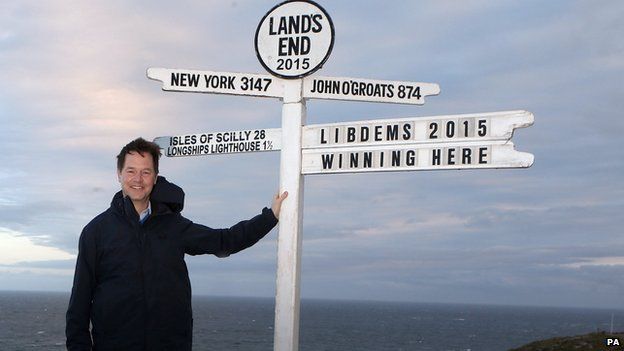
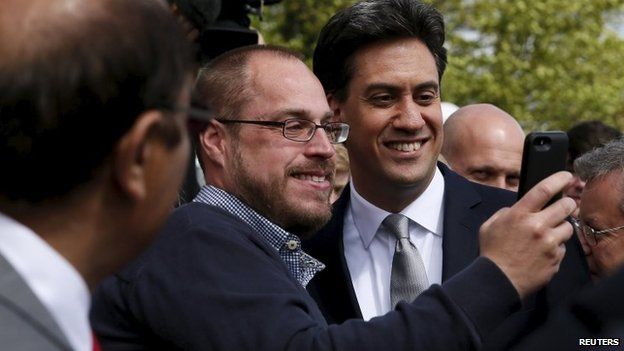
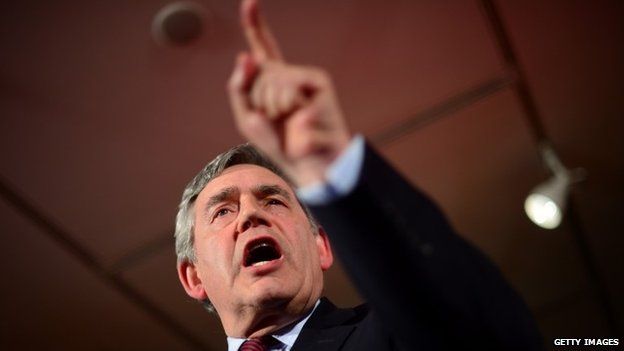
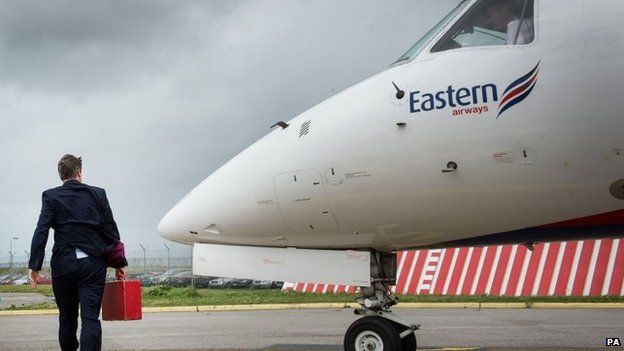
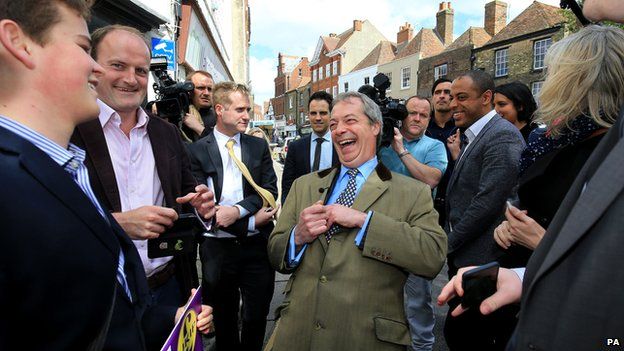
Labour said 98 of England's 240 trusts expected to have run up deficits by next April of more than £750m between them. The total NHS budget is more than £100bn.
Speaking in the target seat of Bedford, Mr Miliband said the NHS was facing a "financial bombshell", which would result in two-thirds of hospitals having to make substantial cuts this year. Only a Labour government could "rescue" the health service, he claimed.
Appealing to undecided voters as he seeks to improve on the 258 seats his party won in 2010, the Labour leader said the election would be "the closest we have ever seen in our history".
Mr Cameron told BBC Radio 5 live that the NHS had made "real progress" in the past five years and his party was committed to providing the money that hospitals need to meet the growing demands they face and to go on treating more patients.
"We have put the money in, we have got rid of bureaucracy which has kept money on the front line but people in the NHS have worked incredibly hard to deliver this service," he said. "The key thing for the future is to make sure we have the strong economy that can support the strong NHS."

Analysis by political editor Nick Robinson

By 10 o'clock on Thursday evening the people will have spoken but the questions which will then follow look likely to be - "What on earth did they mean by that? Who actually won? Who has the right to govern?"
Unless the polls are wrong - which they very well might be - and unless there is a late switch in opinion - which there still could be - most players and pundits are now expecting an election that is too close to call and may produce a result which could allow for either David Cameron or Ed Miliband to become prime minister.
So, what is obsessing politicians of all parties behind-the-scenes is the debate about what a legitimate government would look like.

The Conservatives, which won 307 seats in 2010, are targeting seats held by Liberal Democrats, as well as appealing to UKIP supporters and Conservatives who might not bother to go to the polling station, in an attempt to win an overall majority.
While SNP MPs were perfectly entitled to make their voice heard in Westminster, Mr Cameron told the BBC it would be "unhealthy" for a future government to be reliant on a party that "did not want the UK to be a success".
Mr Clegg said his party would do a "lot better" than commentators were suggesting as he launched a 1,000 mile "dash" from Land's End to John O'Groats, taking in key marginal seats in Cornwall, Somerset, South Wales and the Midlands.
Opinion polls suggest the party could lose up to half of the 57 seats it won five years ago.
Amid speculation about possible coalition deals in the event of another hung Parliament, Mr Clegg said the party with the "greatest mandate" in terms of seats and votes won should have the "space and time to try and assemble a government".
The Lib Dems, he told Radio 4's Today programme, would be prepared to talk to other parties - except UKIP and the SNP - in a "grown-up" way, saying they would be "guarantors of stability at a time of great uncertainty".

BBC News Timeliner: Meeting the voters


No comments:
Post a Comment